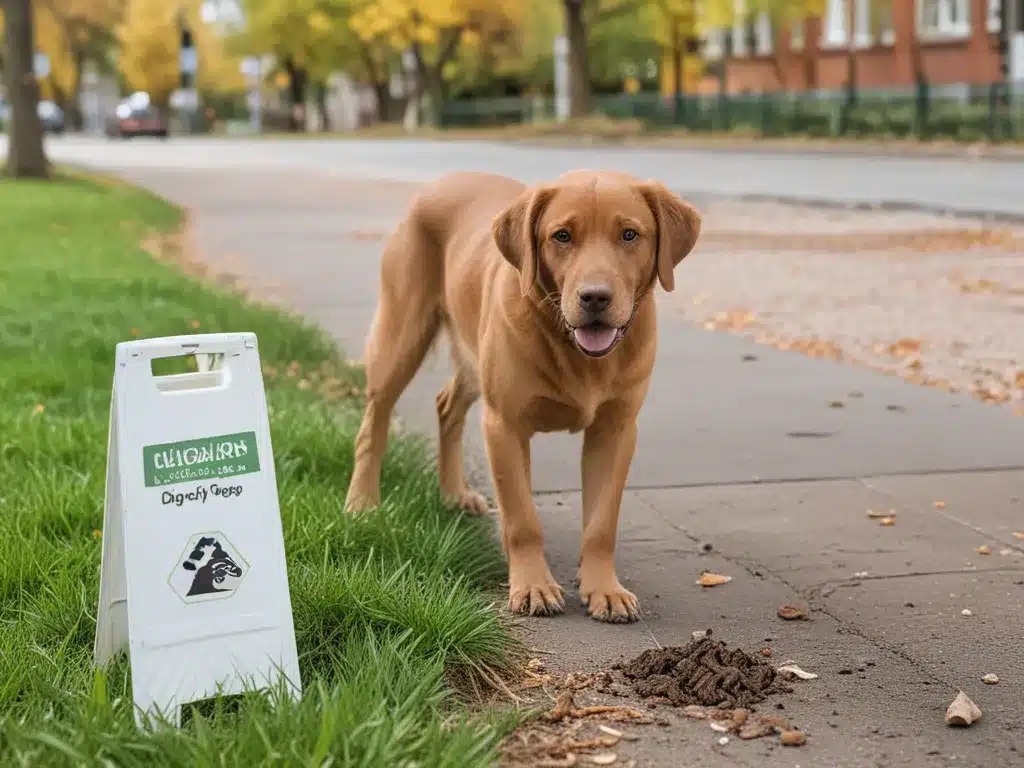As a responsible dog owner, I make sure to clean up after my dog when we are out in public places like parks, trails, and sidewalks. However, I need to be careful when handling dog poop to avoid exposure to potentially harmful bacteria and parasites. Here’s what I’ve learned about safely cleaning up dog waste and protecting myself from diseases.
Diseases That Can Spread Through Dog Feces
Salmonella – This bacterial infection causes diarrhea, fever, and abdominal cramps in humans. It spreads through contact with the feces of infected animals.
Campylobacteriosis – Another bacterial infection that leads to diarrhea, cramping, fever, and vomiting. Often originates in uncooked poultry, but dogs can transmit it through feces.
Giardiasis – Caused by a parasite called Giardia that lives in the intestines. Infections cause prolonged diarrhea, greasy stools, gas, nausea, and dehydration. Easily spreads through contact with infected feces.
Roundworms – Intestinal parasites that dogs can pass in their stool. If accidentally ingested, roundworm larvae can migrate through the body with severe health effects.
Hookworms – Intestinal parasites that can penetrate the skin and infect humans who come in contact with contaminated soil or dog feces. Causes itchy rash and fever.
Cryptosporidiosis – A diarrheal illness caused by microscopic Cryptosporidium parasites found in feces. It spreads through contact and is highly contagious.
Safely Cleaning Up After Your Dog
To avoid spreading diseases while cleaning up after your dog, follow these tips:
Come Prepared
Carry poop bags – Always bring along plastic bags or a portable poop scooper when taking your dog out in public. This makes cleanup much easier.
Pack hand sanitizer and wipes – Bring these to sanitize your hands and any surfaces touched by dog poop before you get a chance to wash properly. Kills many germs instantly.
Wear gloves – Disposable gloves form a protective barrier when picking up waste. Throw them out immediately after.
Use a scooper – A long-handled scooper allows you to pick up poop without touching it directly. Disinfect after each use.
Dispose of Waste Properly
Use leak-proof bags – Contain poop securely in plastic bags tied shut or bags designed to contain messes. This prevents spills and spread of bacteria.
Discard in designated bins – Look for pet waste stations or garbage cans to dispose of sealed bags. Never toss poop bags in storm drains or leave them on the ground.
Flush small amounts – For small messes on hard surfaces like sidewalks, flushing down the toilet is the most sanitary disposal method. Use antibacterial wipes on any surrounding areas.
Wash hands thoroughly – Always wash hands with soap and warm water after handling pet waste. Scrub for at least 20 seconds. If not possible, use hand sanitizer.
Disinfect Gear
Clean scoopers – Use a disinfectant or diluted bleach solution to thoroughly clean any pooper scoopers after use. Rinse and air dry.
Wash gloves – If using reusable gloves, wash them in hot soapy water after each use before taking them off. Discard disposable gloves after one use.
Sanitize leashes/bags – Regularly wipe down any leashes that have come in contact with infected areas. Also disinfect treat bags, toys, or other items potentially exposed to bacteria.
By following these decontamination and hygiene practices whenever I pick up my dog’s poop, I can help protect myself and others from potential health hazards. While cleaning up dog waste may not be pleasant, taking proper precautions makes it much safer.







